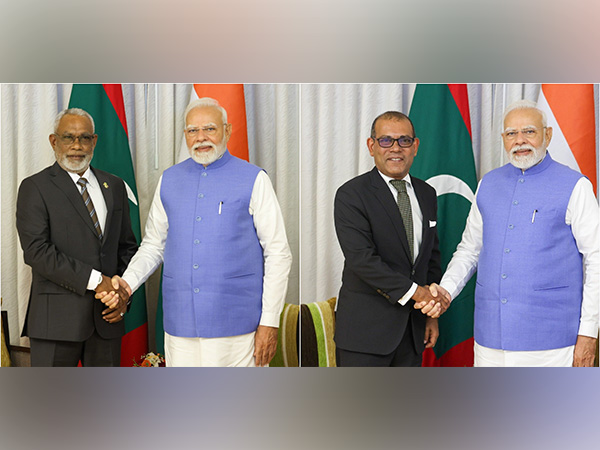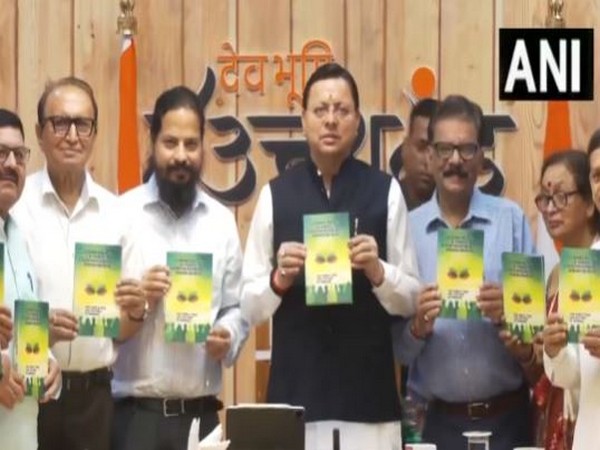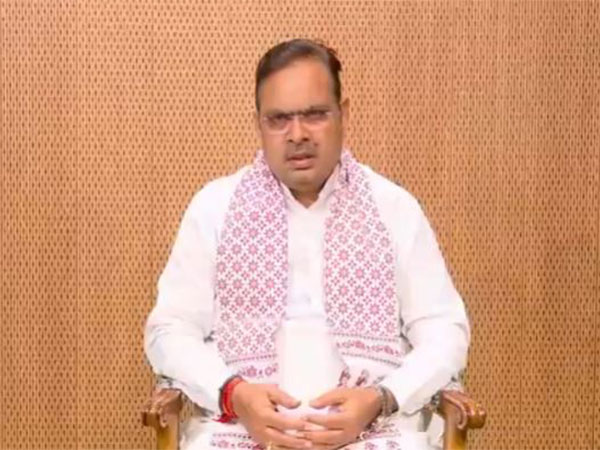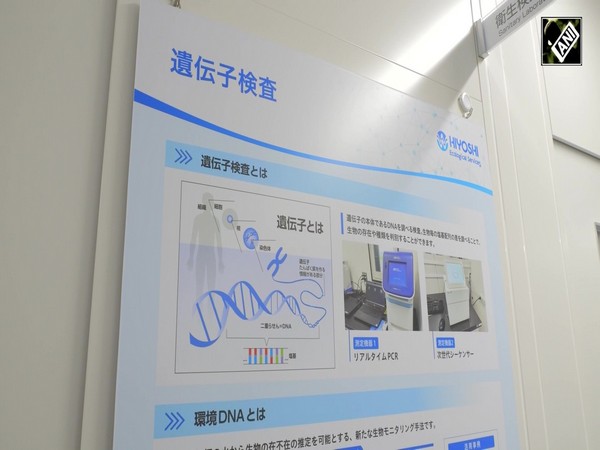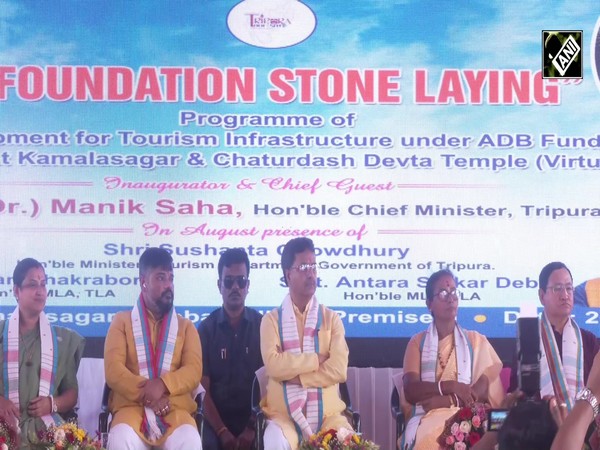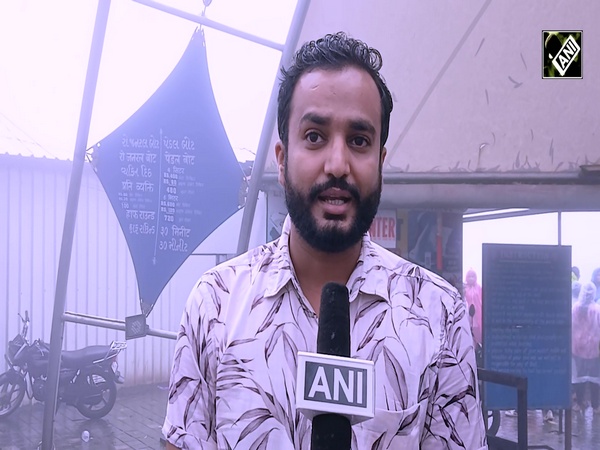Opening new doors; expanding international education: New Zealand varsities acclaim NEP
Feb 13, 2024

New Delhi [India], February 13 : New Zealand universities lauded India's National Education Policy (NEP), acknowledging its role in facilitating collaboration with foreign universities and contributing to the expansion of international education opportunities.
A high-level New Zealand delegation is visiting India to explore collaboration opportunities with Indian universities and encourage dialogue on the internationalisation of education. The delegation has members from New Zealand universities as well as a government agency, Education New Zealand.
The delegation interacted with stakeholders across the education and government sectors in India to strengthen dialogue on internationalisation and student mobility.
During an interaction with mediaperson here, the delegation members on Tuesday expressed their positive impressions of the transformations introduced by the National Education Policy. They feel that Indian universities are "more open" to collaboration. India is New Zealand's second-largest source country for international students. China remains the largest source country.
"The NEP (National Education Policy) gives a whole new world in terms of location and how that can operate. So I guess I'm feeling it's a bit of a new world order in India for international education, and each of our universities is here because we're trying to find a way to collaborate in a more deep and meaningful way with our Indian partners around research, collaboration, PhD, and supervision," Universit of Canterbury's Assistant Vice Chancellor Engagement Brett Berquist said.
New Zealand has only eight public universities and no private university.
The National Education Policy 2020 was announced on July 29, 2020. The NEP has introduced various reforms in school education as well as higher education, including technical education. It replaces the 34-year-old education policy in the country.
Berquist elucidated: "I am finding every institution we meet with is really actively charting the course. What I'm finding now is that all of us are figuring out where we're going to go, where it's moving, and how they're interacting with us, making it much easier for us to find common causes and models that work in both directions."
Echoing similar sentiments, William Ho, who is Director of International Relations and Recruitment at Auckland University of Technology, is positive about the opportunities offered by NEP
"We are coming out of COVID 19. We are charting a strategy. We are aware of the changes brought in by NEP 2020, that are now shaping our strategy. NEP is opening up opportunities for collaborations among the universities, like with IIT Delhi," he said.
Last year, over 500 Indian students were admitted to Auckland University of Technology.
"We are back on pre-covid level. There is a great interest among students in the university as we are a technology university," he added.
Though New Zealand University is interested in collaborating with Indian universities, they focus on the quality of the agreement, especially the type of institutions they are engaging with.
"We want to be very selective with the universities. We want to have quality agreements. We will not just write a paper. We want to dedicate our resources to more meaningful partnerships," Ho said.
During New Zealand-India Education Connect, the New Zealand delegation explored education collaboration possibilities with various universities in Bengaluru. These meetings were focused on establishing a unified approach towards strengthening student mobility and internationalisation initiatives between New Zealand and India.
Charting a breakthrough in the New Zealand-India relationship, the delegation will visit GIFT City, encourage dialogue on the developing city's ecosystem, and strengthen education ties.
Part of the delegation is Amita Gejji, the University of Auckland's International Office Manager, who also commended the new education policy.
"NEP has cleared the path in terms of understanding the framework. There is also impetus from the Indian side to open the doors for foreign universities. Not all universities here have international offices. Now it is really easy," Gejji said.



